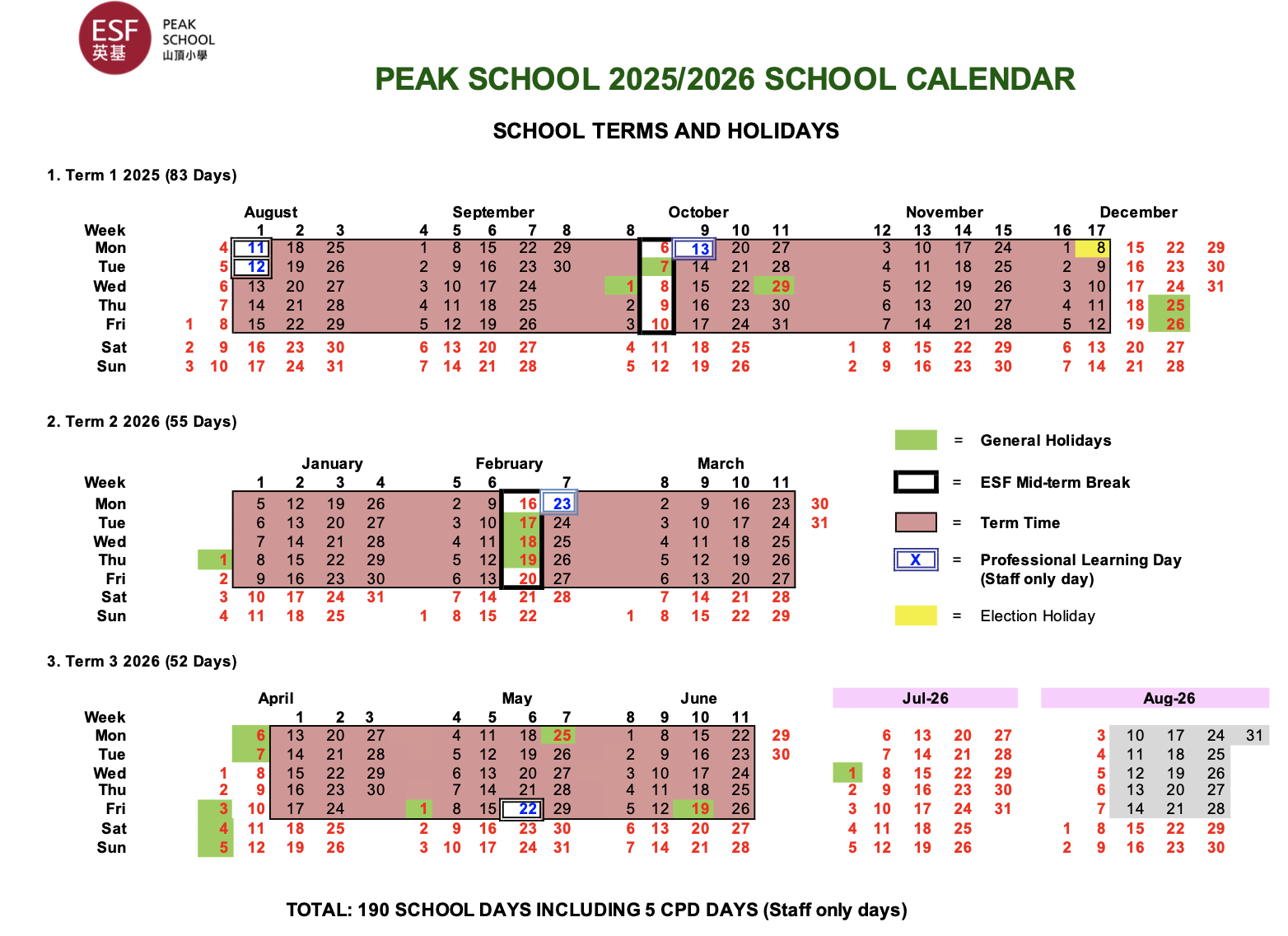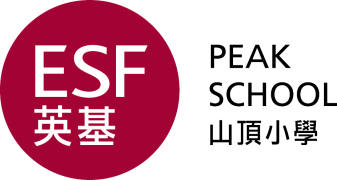|
Who We Are - August 13th- August 22nd and one lesson weekly
An inquiry into identity as individuals and as a part of a collective through: *physical, emotional, social, and spiritual * health and well-being *relationships and belonging * learning and growing
|
Central Idea:
Respecting ourselves, others and our environment helps us and our community be the best we can be
Lines of Inquiry:
Relationships with myself, others and the world around me- causation
What makes people unique- form
The physical, emotional, and social aspects of health and wellbeing - responsibility
Related Concepts:
well being, relationships, staying safe, development, connection, values, community, body systems, choices, consequences, cultures, similarities, differences
|
Learner Profile:
Caring, Inquirer, Reflective, Knowledgeable, Balanced, Thinker, Communicator, Principled, Risk Taker, Open Minded
Approaches to Learning:
Thinking Skills- critical thinking, creative thinking, information transfer skills, reflection & metacognition
Research Skills- information literacy
Communication Skills- exchanging information, literacy
Social Skills- interpersonal relationships, social and emotional intelligence
Self Management Skills- organisation, states of mind
TD links: RSE, Expressive Arts, English, maths, PSHE, PE, Chinese
|
|
|
How We Organise Ourselves-Year-long
An inquiry into systems, structures, and networks through: *interactions within, and between, social and ecological systems *approaches to livelihoods and trade practices - intended and unintended consequences *representation, collaboration, and decision-making
|
Central Idea:
People use systems, patterns and structures to communicate effectively
Lines of Inquiry:
Systems in language rely on shared rules to function- function
Authors use structures to make meaning clear - causation
Related Concepts:
Writer workshop, letter sounds, patterns, system of language, use of text structures
|
Learner Profile:
Communicator, reflective, knowledeable
Approaches to Learning:
Communication, Self Management, Thinking
TD links:
English, Chinese, Maths, RSE, Expressive Arts, WWAIPAT, STP, HWEO, HTWW, WWA
|
|
|
Where We Are in Place and Time
|
Sharing The Planet
|
How We Express Ourselves
|
How The World Works
|
|
An inquiry into histories and orientation in place, space, and time through:
- periods, events, and artefacts
- communities, heritage, culture, and environment
- natural and human drivers of movement, adaptation and transformation
|
An inquiry into the interdependence of human and natural worlds through:
- rights, responsibilities, and dignity of all
- pathways to just, peaceful, and reimagined futures
nature, complexity, coexistence, and wisdom.
|
An inquiry into the diversity of voice, perspectives, and expression through:
- inspiration, imagination, creativity
- personal, social, and cultural modes and practices of communication
- intentions, perceptions, interpretations, and responses
|
An inquiry into understandings of the world and phenomena through:
- patterns, cycles, systems
- diverse practices, methods, and tools
- discovery, design, innovation - possibilities and impacts
|
|
Date: August 25th- November 7th
|
Date:November 10th - February 13th
|
Date: February 24th- May 8th
|
Date: May 11th - June 27th
|
|
Sharing our histories helps us understand each other
|
People make choices on how to use and share resources.
|
People express their ideas, feelings and creativity through art
|
The human body systems work together to promote health and well-being
|
|
Lines of Inquiry
Migration journeys of ourselves and people around us - perspective
The features of a map and how they work including geographical features- function
The similarities and differences of places around the world - connection
|
Lines of Inquiry
Natural resources used to make everyday products- function
Changes in natural resources - change
Responsible use of natural resources - responsibility
|
Lines of Inquiry
Collaboration through art - Form
Techniques and styles artists use- Function
Ways to communicate ideas, feelings and experiences - perspective
|
Lines of Inquiry
How the systems of the human body function to support life - function
The connections and relationships between different body systems - connection
The choices we make that impact our health and well-being- responsibility
|
|
Related Concepts:
Geography, mapping, location, migration, culture, belonging, form,
|
Related Concepts:
Choice, sustainability, resources
|
Related Concepts:
Creativity, Style, Technique
|
Related Concepts:
Scientists, cycles, systems, action, wellbeing
|
|
Learner Profile:
Inquirer, Thinker, Open-minded, Knowledgeable
|
Learner Profile:
Inquirer, Knowledgeable, Thinker, Caring
|
Learner Profile:
Open Minded, Communicator, Balanced
|
Learner Profile:
Inquirer, Knowledgeable, Thinker
|
|
Approaches to Learning:
Thinking, Research, Communication, Social, Self Management
|
Approaches to Learning:
Thinking, Research, Communication, Social, Self Management
|
Approaches to Learning:
Communication Skills, Self-Management Skills
|
Approaches to Learning:
Thinking, Research, Communication
|
|
TD links:Chinese, English, Maths, Social Studies, RSE, IT,
|
TD links: Social Studies, English, Expressive Arts, Library
|
TD links: Expressive Arts, English, PSHE
|
TD links: Science, Maths, English, HWEO, Library, WWA
|



